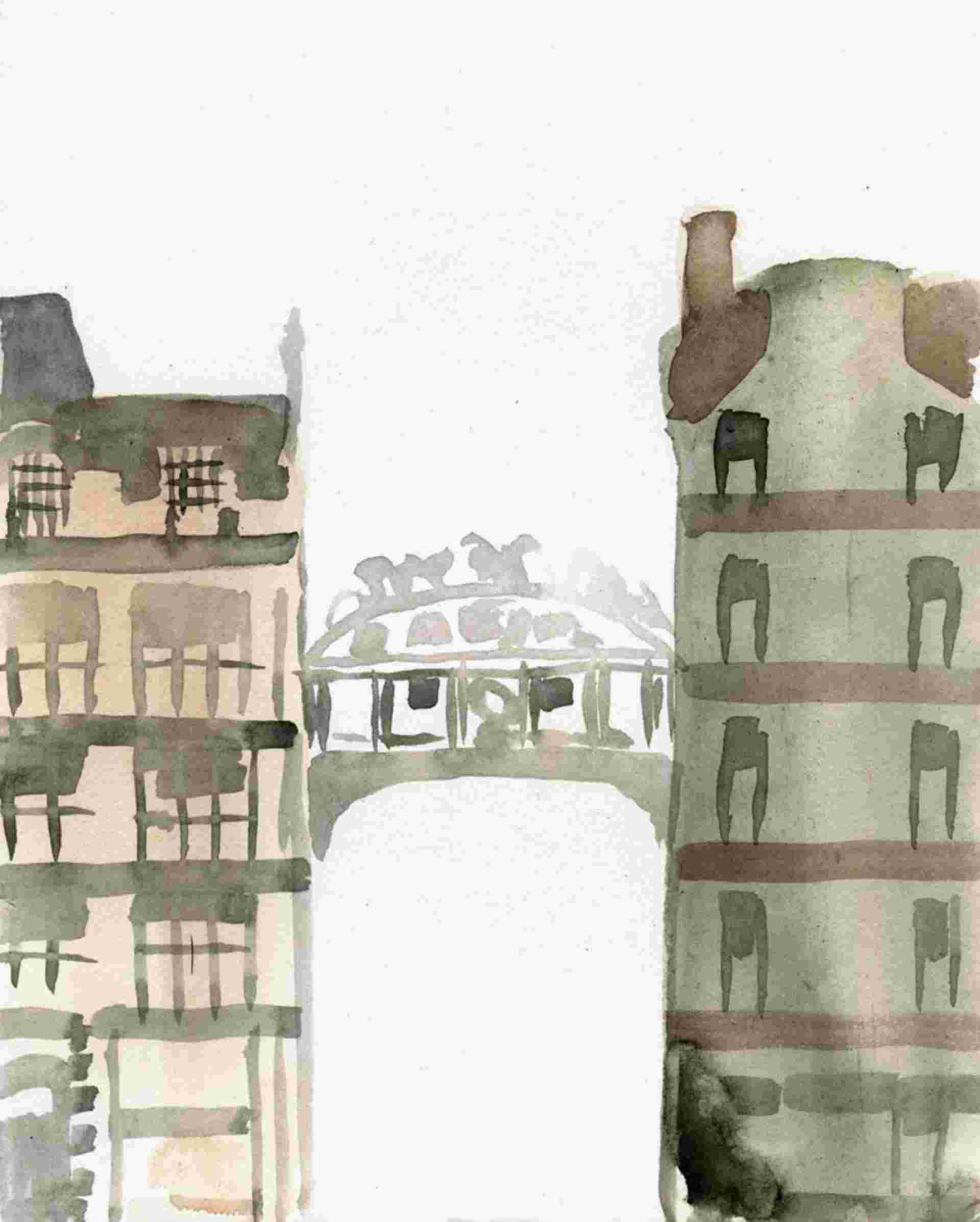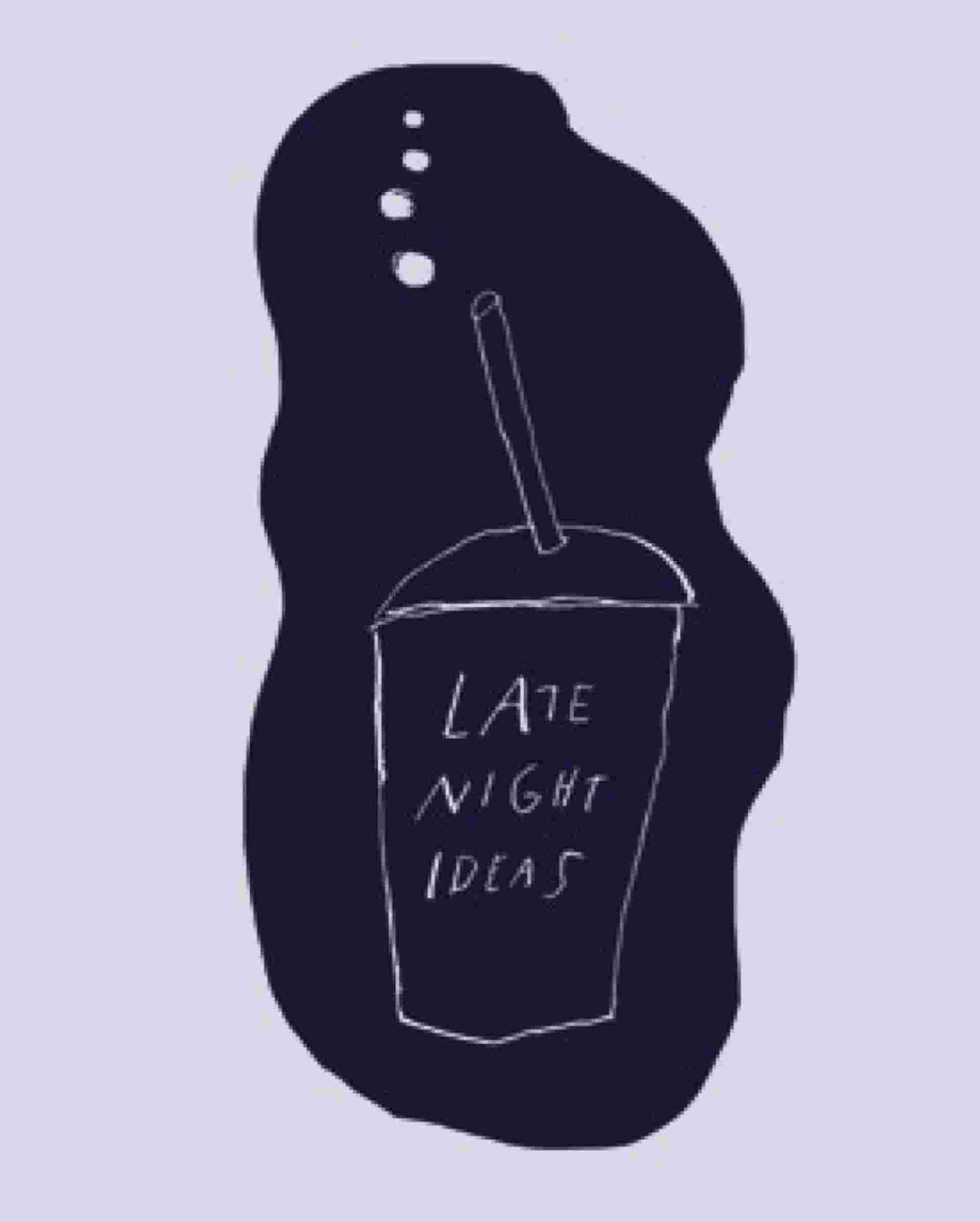
Leanne Shapton
Fill In The Blank Leanne Shapton’s urban infill
By: Ivor Tossell
Illustration By: Jason Logan

Quick! What’s a place where creative urbanites can go to linger, to sketch their inventions on napkins, to write their novels…a place that brings the neighbourhood together in community and creativity? Is it the local indie coffee shop or a corporate hamburger franchise?
Before you spill your latte, spare a moment to think of the latter. Take, for instance, the 24-hour A&W locations that have been popping up across downtown Toronto in recent years. Torontonians might remember a time when such franchises were welcomed in developing neighbourhoods with angry graffiti. But when I first saw this chain’s lights burning into the night, I could only think, “Finally!”
I spent a decade as a writer in Toronto. That meant I spent a lot of time looking for places where I could work. Indie coffee shops weren’t always very useful: They were usually crowded, their layouts were geared more toward drinking than working and most of them closed early. And who could blame them? They were small businesses that made their money on the takeout rush and didn’t benefit much from people sitting at tables nursing espressos.
What I really wanted was a place with power, washrooms, Wi-Fi and food and drink where I could plunk myself down for hours on end, day or night. That’s what chain restaurants offered. Over the past few years, those that are ubiquitous in Canada have been experimenting with staying open late into the night, bargaining that they can get more out of their fixed costs by staying open later. Hours vary from location to location, but many are open till 10 p.m. or later; some, like A&W in Toronto, are experimenting with staying open 24 hours a day, saving themselves opening and closing costs. Nobody is going to accuse these outlets of charm or of fostering a sense of place. But for people looking for a place to sit, to work, to eat, to live, they provide a real service just by being there.
So many of the things we love to hate— franchises, chain bars, indoor malls—are part of the public infrastructure. They are private spaces that the public makes a home in, just as much as the streets and parks around us. In dense cities, residents live in small apartments and make the city itself their living room and backyard.
The things that we think make a city diverse and creative sometimes don’t. (Indie coffee shops are often so full of Apple products that they look like dog parks for MacBooks.) And sometimes the things we think suck the life out of neighbourhoods actually have the opposite effect: In their corporate uniformity, they strike a democratic note, accommodating the hungry, the cold, the dating, the working, the writer’s blocked. Chains help give cities what they need: people out and about day and night, opening doors and opening options. Infrastructure isn’t something we are given to celebrating, but we miss them when they’re gone. I’ll raise a medium Coke to that.